There is a need to enforce strict contract management and performance audits, contends AISHA ABDUSSALAM
It was Thomas Dye the political scientist that said public policy is simply what government chooses to do, or not to do. Nowhere is this more evident than in the state of our roads. Public policy does not just decide which roads get built, it shapes how they are maintained, funded, and protected. When those policies fail or lose consistency, the cracks show, literally. Broken highways and neglected infrastructure become daily reminders of how policy decisions, or the lack of them, directly affect our safety and mobility.
The Abuja-Kaduna Expressway, a vital economic bridge linking North to the south was once envisioned as a symbol of progress and national integration. Today, however, it stands as a striking example of public policy failure, plagued by construction delays, insecurity, inflated costs, and growing public frustration. What was meant to connect regions and boost commerce has instead become a reminder of how policy inconsistency can stall both development and trust.
The Abuja-Kaduna Highway forms part of the A2 route linking Abuja, Kaduna, Zaria, and Kano. The road was designed to improve economic growth, trade, investment, and regional integration. Yet beyond its role as a transport corridor, the highway has become the heartbeat of activity in Kaduna. Along its route lie strategic hubs like Panteka Market, one of Nigeria’s largest centers for vehicle spare parts and metal fabrication, as well as major industries such as Peugeot Automobile Nigeria (PAN) in Kakuri, the Kaduna Refining and Petrochemical Company (KRPC), and Nigerian Breweries.
Over time, the expressway has also spurred urban expansion. Areas like Kakau, Gonin Gora, and Kudende have grown into thriving residential and commercial communities, while Ungwan Romi, Kakuri, and Tudun wada have continued to stretch towards the corridor. What was once a simple highway now doubles as an economic artery and a growing urban spine, linking livelihoods, industries, and entire communities across the North.
Despite lofty promises, reality paints a different picture. Years of neglect, contract mismanagement, and recurring security crises have turned the Abuja-Kaduna Highway from a symbol of progress into a source of daily anxiety. Once seen as a smooth link between the South, the nation’s capital and the North, it now stands as a cautionary tale of how weak policy execution and poor oversight can turn a vital national asset into a commuter’s nightmare.
In July 2025, the government ordered emergency repairs on failed sections of the Abuja-Kaduna Highway near Kaduna. However, the deeper problem runs far beyond patchwork fixes. Reports show that the project’s cost has skyrocketed, from ₦155 billion in 2017 to an astonishing ₦797 billion by 2023, while completion remains at only about 60%.
Meanwhile, the highway continues to claim lives and livelihoods. Between August and September 2025 alone, three petrol tankers overturned within the Kurmin Mashi and Panteka axis, spilling fuel that drew desperate residents and onlookers who risked their lives to scoop it. But for the intervention of the police, the catastrophe would have been devastating. Beyond such dramatic scenes, the daily grind tells its own story, and countless heavy trucks break down along the route, with drivers opting to repair them on the spot. The result is constant gridlock, unbearable delays, and mounting economic disruption, an all-too-familiar picture of how infrastructure failure permeates through every aspect of public life.
The setbacks of the Abuja–Kaduna Highway project run deeper than potholes and delays, it is tangled in a web of systemic issues. Weak accountability and poor contract enforcement have allowed inefficiency to thrive, while a culture of neglect ensures that even ongoing projects quickly fall into disrepair. Added to this is the complexity of the funding processes and also the security challenges along the corridor, both of which slow progress and inflate costs. Perhaps the most damaging factor is silence. When the government fails to communicate openly, people lose trust. The lack of transparency not only erodes confidence but also turns what should be a story of national progress into a symbol of frustration and doubt. For thousands of Nigerians, these lapses translate into longer travel times, increased costs, higher accident risk, and disruptions in the movement of goods and services. Businesses that rely on this corridor face not just logistics delays but also losses, which negatively affect national productivity and investment.
Fixing the Abuja–Kaduna Highway requires more than promises. it demands discipline, transparency, and consistent follow-through. There is a need to enforce strict contract management and performance audits. Timelines should be strictly adhered to, and penalties stipulated in the event of default. The need for independent monitoring and regular performance audits, like those used on the Lagos–Ibadan Expressway, can not be overemphasised. Too often, new roads are celebrated at commissioning and forgotten afterward. It is only when potholes surface that repairs are initiated. Functional CCTV cameras, solar lighting, and clear road markings can make a real difference. Emergency response points with towing services in place should be set up along with busy sections. Public acceptability and involvement are critical to the success of any policy, and to achieve this, there is the need for public trust. This grows when people are kept informed through regular updates on verified media channels and official dashboards that can help citizens track progress, understand budget use, and hold authorities accountable. The security frameworks already established around hotspots of Rijana and Katari should be maintained and further strengthened. This is because without safety, all other efforts fall apart.
Rebuilding the Abuja–Kaduna Highway isn’t just about fixing potholes or ditches; it is about restoring faith in governance. When contracts are signed and enforced, funds are properly managed, and citizens are kept informed, infrastructure becomes more than concrete and asphalt, it becomes a promise kept. Turning this highway of broken promises into a corridor of progress requires integrity, continuity, and transparent governance. The highway can once again serve as the lifeline it was meant to be, linking communities, driving commerce, and reminding Nigerians that public policy, when done right, truly works for the people.
Dr. Abdussalam writes from Kaduna metropolis, Kaduna State



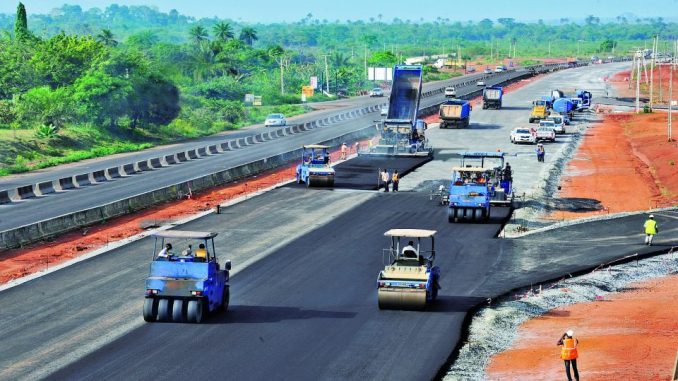



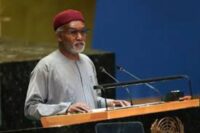
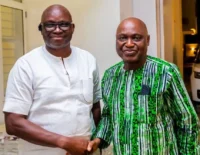

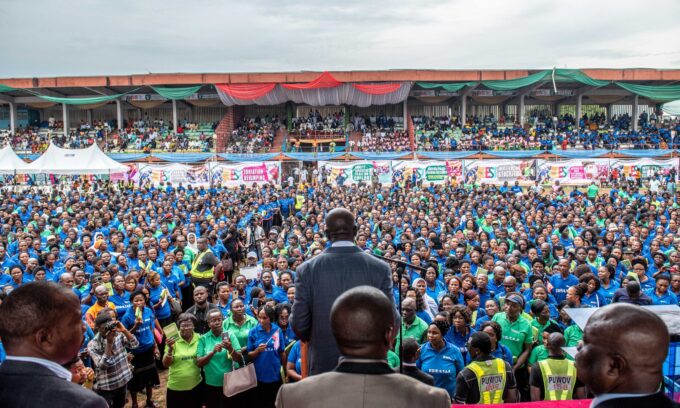
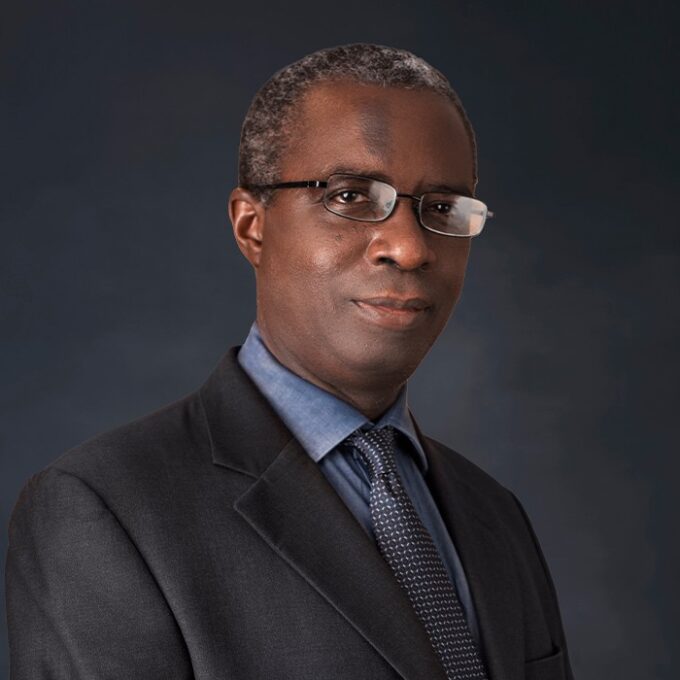
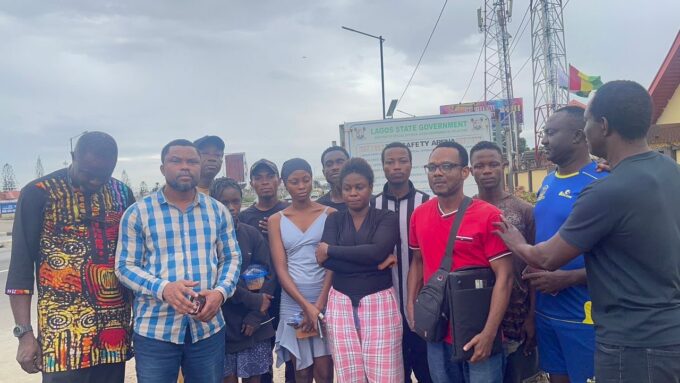


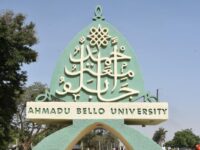


Leave a comment